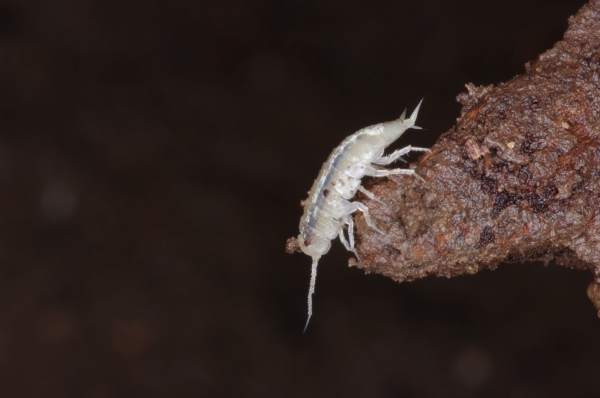An international crew of six astronauts is poised to kick off a six-day caving training session on the sunny Italian island of Sardinia.
CAVES, an acronym for Cooperative Adventure for Valuing and Exercising human behavior and performance Skills, helps teach astronauts how to work safely and solve problems as a multicultural team while exploring uncharted areas.
As ESA astronaut trainer and CAVES course designer Loredana Bessone notes, caves offer many similarities to space travel. Indeed, working in isolation from the outside world in confined spaces with minimal privacy as well as coping with technical challenges and limited supplies are conditions that astronauts have to live with in space – and underground.
“The experience is designed to be as realistic as possible. A dedicated mission control will monitor the crew from a base station at the entrance of the cave. Briefings are held twice a day as they are on the International Space Station (ISS),” explained Bessone.

“The crew is allowed only one shipment of supplies during their stay underground. They will have to choose the equipment carefully and give mission control at least 24 hours’ notice to prepare the cargo.”
Just like on the ISS, every member of the team must follow a busy schedule performing scientific work as well as testing new equipment and procedures. The astronauts will use the same safety protocols as practiced on spacewalks and are also slated to test a new communication system.
Interestingly, a large part of the Sardinian caves are unexplored or uncharted. As such, the ‘cavenauts’ will have to navigate safely through passages while deciding which areas to chart. They will draw detailed maps of their progress to ensure they make it back to base camp, while clearing the way for future cave explorers.

This year the astronauts will be searching for life-forms as well.
“Nobody has systematically looked for life in these caves,” said Bessone. “Finding life big and small is always good, so I am very excited we will be looking for exotic bacteria and cave dwellers such as anthropods.”






